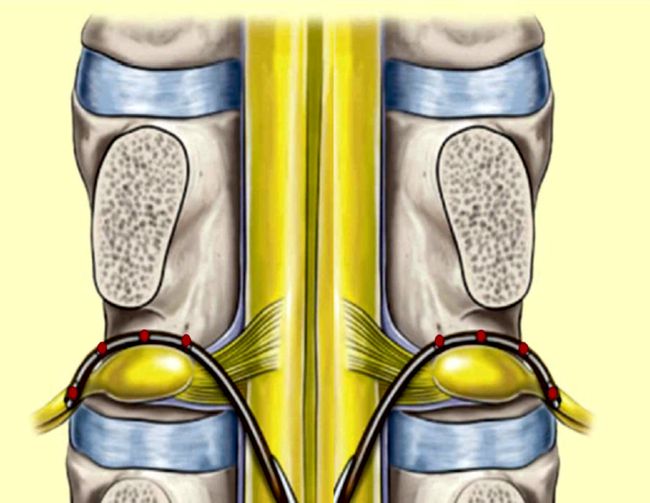
From Pawel et al., “Electrical Diuretics: Dorsal Root Ganglion Stimulation to Increase Diuresis,”
Neuromodulation: Technology at the Neural Interface, Volume 27, Issue 7, 2024, Pages 1208-1217
Scientists from Medtronic’s Bakken Research Center in The Netherlands, along with collaborators from Poland just published a paper on increasing diuresis through Dorsal Root Ganglion (DRG) stimulation as a potential therapy for heart failure.
The paper “Electrical Diuretics: Dorsal Root Ganglion Stimulation to Increase Diuresis” was published in Neuromodulation: Technology at the Neural Interface (Volume 27, Issue 7, 2024, Pages 1208-1217). A summary abstract is available from Elsevier. It explains:
“Stimulation of diuresis is an essential component of heart failure treatment to reduce fluid overload. Over time, increasing doses of loop diuretics are required to achieve adequate urine output, and approximately 30% to 45% of patients develop diuretic resistance. We investigated the feasibility of affecting renal afferent sensory nerves by dorsal root ganglion neurostimulation as an alternative to medication to increase diuresis.”
The study was conducted in 7 pigs and showed that electrical stimulation (bDRG) at T11 and/or T12 caused an average diuresis increased 20% to 205% compared with no stimulation. The authors report that side effects such as motor stimulation were mitigated by decreasing current or terminated spontaneously without intervention, and that there was no negative effect on acute kidney function because blood electrolyte concentrations remained stable.
